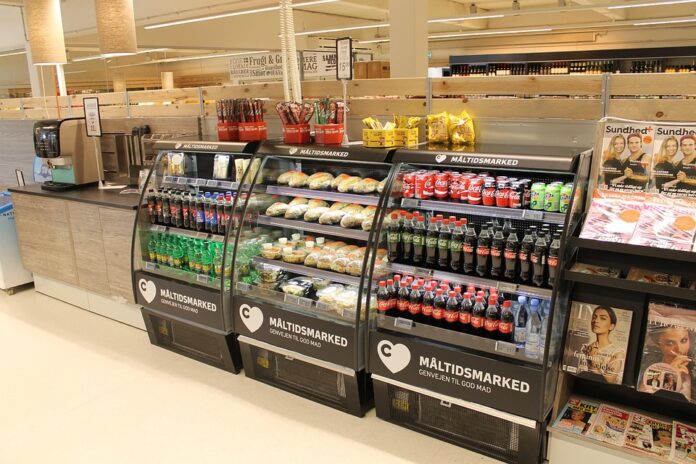CIP Systems and Food Safety Controls in Prepared Meal Factories
In the food manufacturing industry, ensuring food safety is of utmost importance to protect consumers from foodborne illnesses and maintain a positive brand reputation. Clean-in-place (CIP) systems play a crucial role in maintaining hygiene and preventing contamination in prepared meal factories. This report will delve into the significance of CIP systems and food safety controls in prepared meal factories, highlighting industry insights, financial data, and actual companies using these systems.
Importance of CIP Systems in Prepared Meal Factories
CIP systems are automated systems used to clean and sanitize processing equipment in food manufacturing facilities without disassembling them. In prepared meal factories, where large volumes of food are processed daily, CIP systems are essential to maintain cleanliness and prevent cross-contamination. These systems use a combination of water, chemicals, heat, and mechanical action to remove soils and microbial contaminants from equipment surfaces.
By automating the cleaning process, CIP systems save time and labor costs while ensuring consistent and thorough cleaning. This is especially crucial in prepared meal factories where multiple product lines are processed, and equipment needs to be cleaned frequently to prevent allergen cross-contact and microbial growth.
Industry Insights on CIP Systems and Food Safety Controls
The global CIP systems market is projected to grow significantly in the coming years, driven by the increasing emphasis on food safety regulations and the adoption of automation in food processing. According to industry reports, the demand for CIP systems is expected to rise as food manufacturers seek efficient cleaning solutions to comply with stringent food safety standards.
Major players in the food manufacturing industry, such as Nestle, Kraft Heinz, and Tyson Foods, have invested in advanced CIP systems to enhance food safety controls in their facilities. These companies prioritize food safety to protect consumers and maintain regulatory compliance, demonstrating the importance of CIP systems in ensuring product quality and safety.
Financial Data on CIP Systems Implementation
The cost of implementing CIP systems in prepared meal factories varies depending on the size of the facility, the complexity of the equipment, and the level of automation required. According to industry estimates, the initial investment in CIP systems can range from $50,000 to $500,000, with ongoing maintenance costs accounting for an additional 10-20% of the initial investment per year.
Despite the upfront costs, many food manufacturers find that the long-term benefits of CIP systems outweigh the expenses. Improved cleaning efficiency, reduced labor costs, and decreased risk of product recalls due to contamination are some of the key advantages of implementing CIP systems in prepared meal factories.
Actual Companies Using CIP Systems for Food Safety Controls
Several leading food manufacturers have implemented CIP systems to enhance food safety controls in their facilities. For example, Nestle, one of the world’s largest food companies, uses advanced CIP systems in its prepared meal factories to ensure the cleanliness of processing equipment and prevent contamination.
Kraft Heinz, another major player in the food industry, has invested in state-of-the-art CIP systems to maintain food safety standards across its production lines. By automating the cleaning process, Kraft Heinz reduces the risk of cross-contamination and ensures the quality and safety of its prepared meal products.
Tyson Foods, a leading meat and poultry producer, also utilizes CIP systems in its facilities to sanitize processing equipment and prevent bacterial contamination. By implementing stringent food safety controls, Tyson Foods maintains the trust of consumers and regulatory authorities while delivering high-quality prepared meal products to the market.
In conclusion, CIP systems play a critical role in ensuring food safety controls in prepared meal factories. By automating the cleaning process and maintaining hygiene standards, these systems help food manufacturers comply with regulations, protect consumers from foodborne illnesses, and safeguard their brand reputation. As the food industry continues to prioritize food safety, the adoption of CIP systems is expected to increase, driven by the need for efficient cleaning solutions and advanced technology to ensure product quality and safety.


